Entry Category: Political Issues and Controversies
aka: Communist Registration Act
Act 910 of 2019
aka: Transformation and Efficiencies Act of 2019
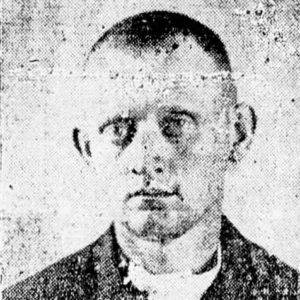 Bliss Adkisson
Bliss Adkisson
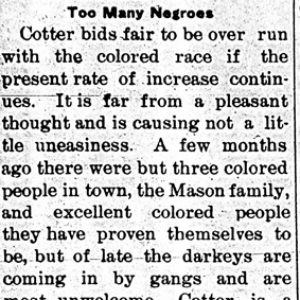 African Americans in Cotter
African Americans in Cotter
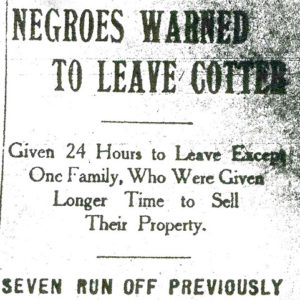 African Americans in Cotter
African Americans in Cotter
Agricultural Adjustment Act
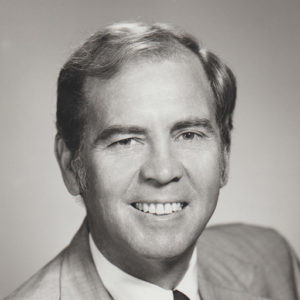 Ben Allen
Ben Allen
Amendments 19 and 20
aka: Futrell Amendments
Anthony, Joseph J.
Anthony, Joseph J. (Murder of)
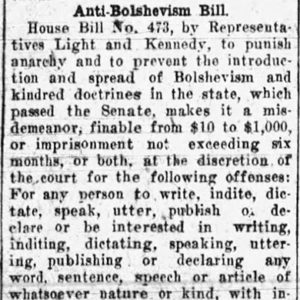 Anti-Bolshevism Act
Anti-Bolshevism Act
 AP&L Offices
AP&L Offices
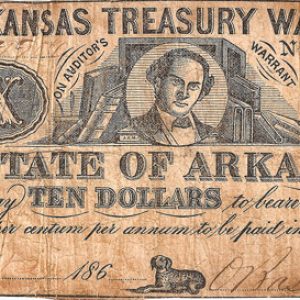 Arkansas Civil War Currency
Arkansas Civil War Currency
Arkansas Freedom of Information Act
aka: Freedom of Information Act
aka: FOIA
Arkansas Loan and Thrift
Arkansas Peace Society
Arkansas Plan
Arkansas Power and Light (AP&L)
Arkansas Prison Blood Scandal
Arkansas Project
Arkansas Real Estate Bank
Arkansas Scholarship Lottery
Arkansas State Bank
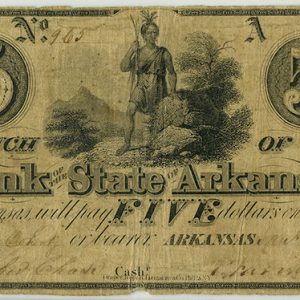 Arkansas State Bank Note, 1839
Arkansas State Bank Note, 1839
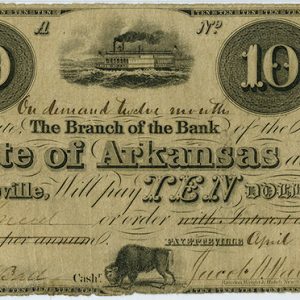 Arkansas State Bank Note, 1838
Arkansas State Bank Note, 1838
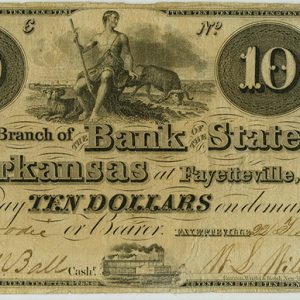 Arkansas State Bank Note, 1840
Arkansas State Bank Note, 1840
Arkansas State Boundaries
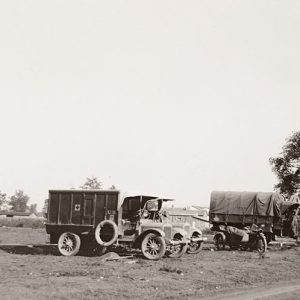 Army Trucks
Army Trucks
Back-to-Africa Movement
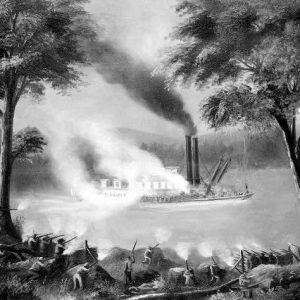 Battle of Palarm
Battle of Palarm
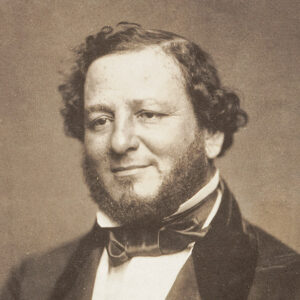 Judah P. Benjamin
Judah P. Benjamin
Benson, George Stuart
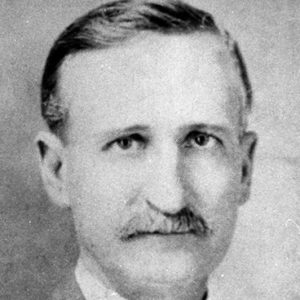 William Clark Benton
William Clark Benton
Big Lake Wars
Black Power Movement
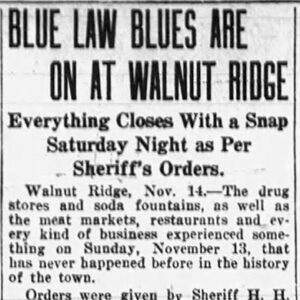 Blue Law Closings
Blue Law Closings
Blue Laws
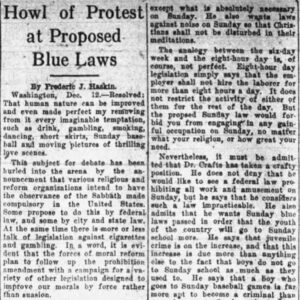 Blue Laws
Blue Laws
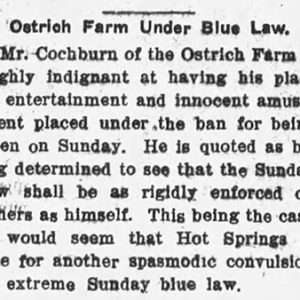 Blue Laws Article
Blue Laws Article
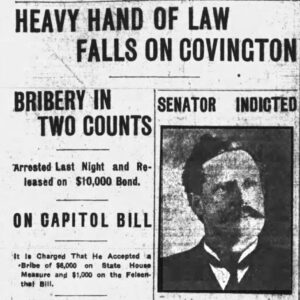 Boodle Indictment of Covington
Boodle Indictment of Covington
Boodle Prosecutions
aka: Boodle Scandal of 1905–1908
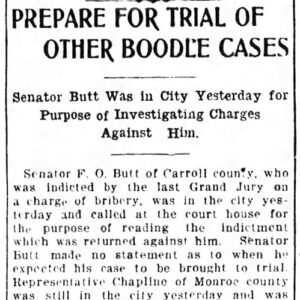 Boodle Indictment of Butt
Boodle Indictment of Butt
Bracero Program
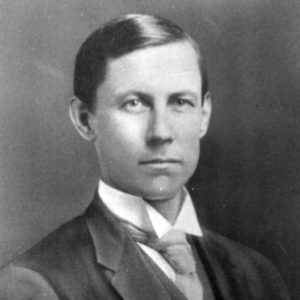 Ulysses S. Bratton
Ulysses S. Bratton
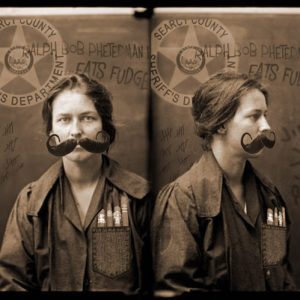 Breeches Panic Propaganda Image
Breeches Panic Propaganda Image
Brooks-Baxter War
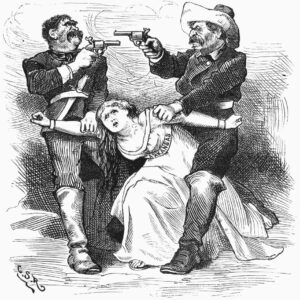 Brooks-Baxter War Cartoon
Brooks-Baxter War Cartoon
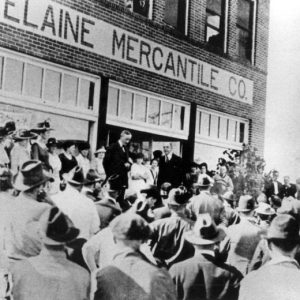 Charles Brough at Elaine
Charles Brough at Elaine




